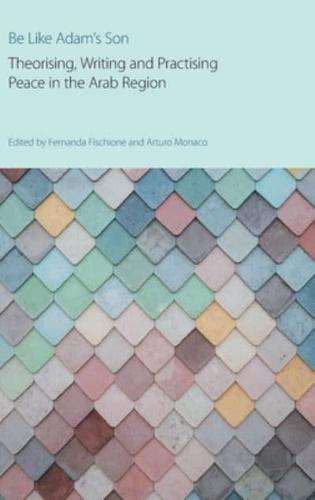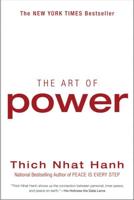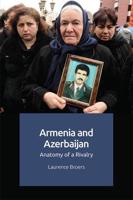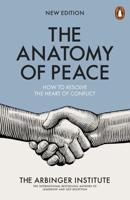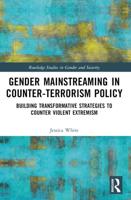Publisher's Synopsis
The twelve chapters collected in the volume criticise, analyse, and discuss the issue of peace in Arab literature, philosophical and theological thought, and both institutional and grassroots practices of intercultural and interreligious mediation. The volume consists of three parts. Part 1 explores the contribution of prominent Islamic intellectuals to the interpretation of jihad and the elaboration of a Quranic theory of nonviolence. Part 2 deals with the Arab literary production, with a focus on Iraq and Morocco. The four chapters on Iraq consider the themes of pluralism and peaceful coexistence in light of the continued condition of war, highlighting the complexity of the Iraqi literary field between domestic and diasporic. The two chapters dealing with Morocco focus on the literature stemming from the reconciliation process that has taken place in the country since the beginning of the new Millennium, shedding light on how institutional processes of internal pacification have also affected its literary field. Part 3 considers the practices of mediation and includes four chapters dealing with conflict-avoidant strategies in Egyptian literature, interreligious and intercultural dialogue in premodern time, and mediation practices carried out by religious institutions and grassroots organizations in Palestine and Jordan.
